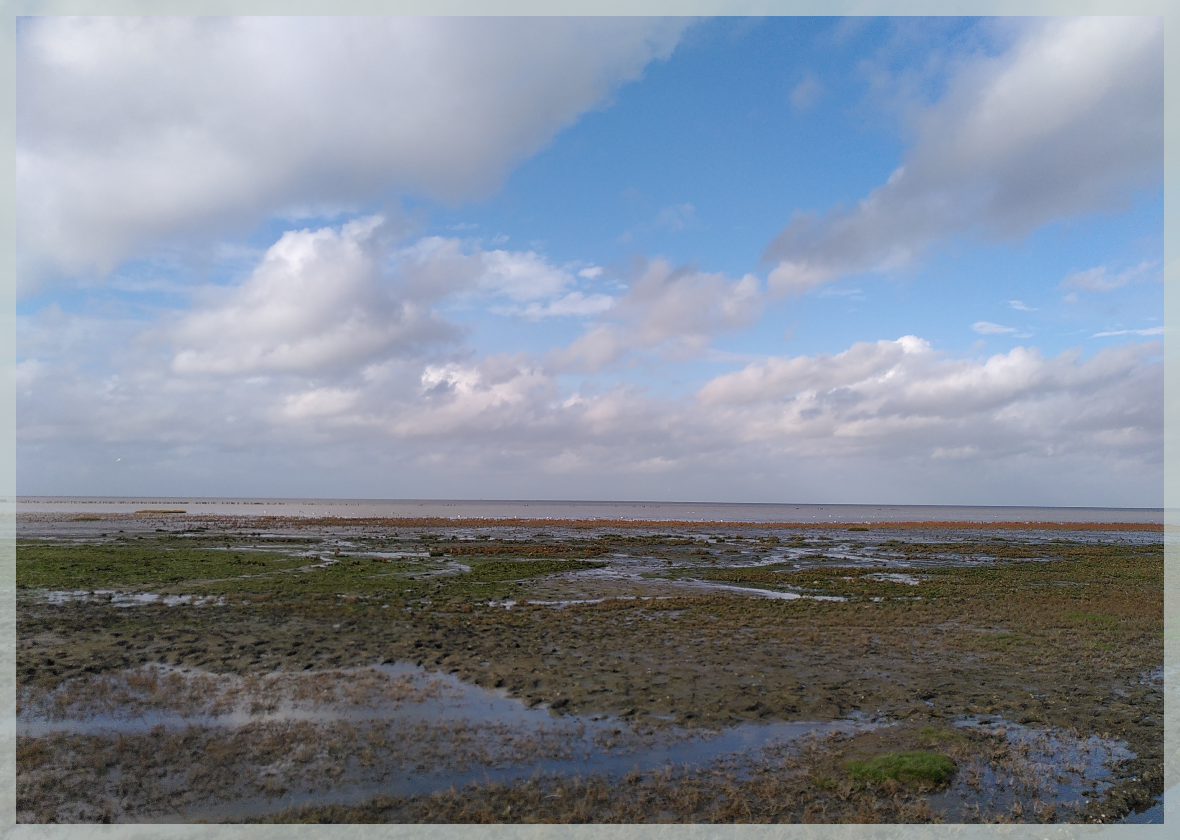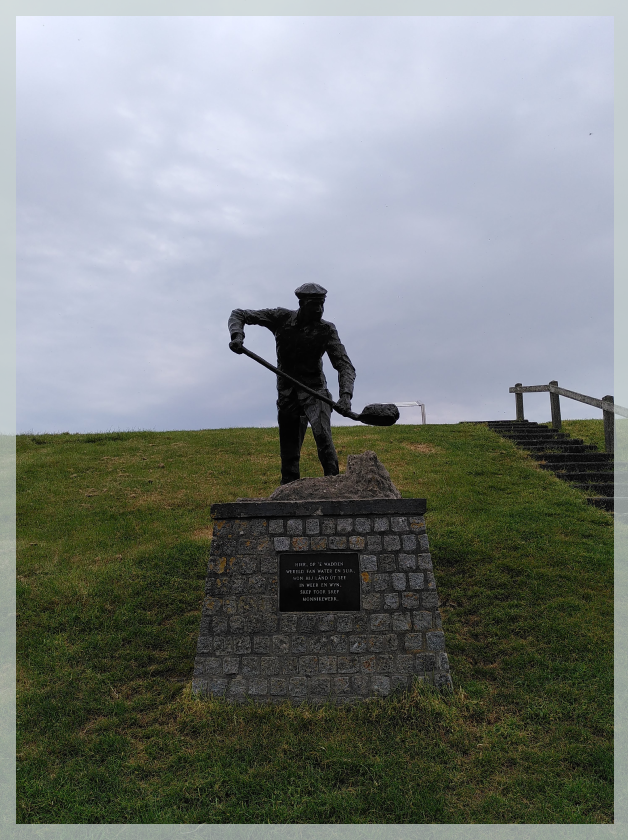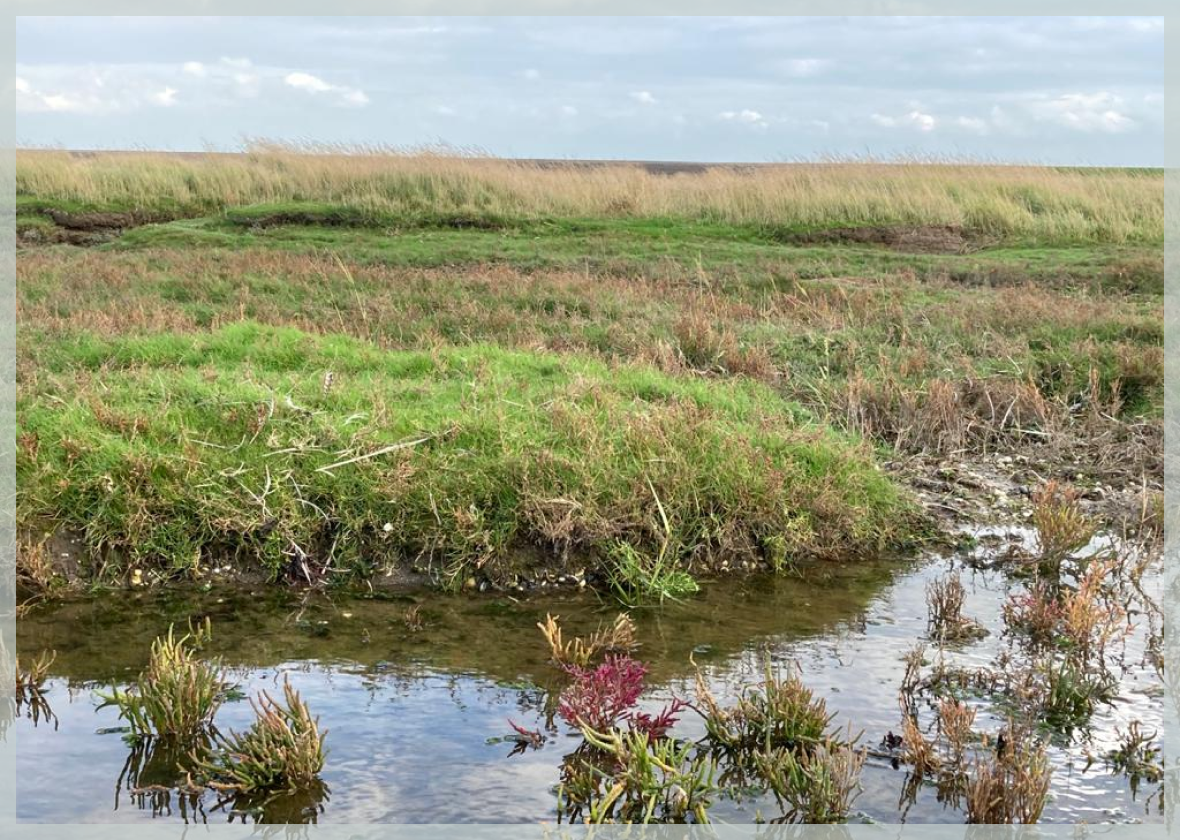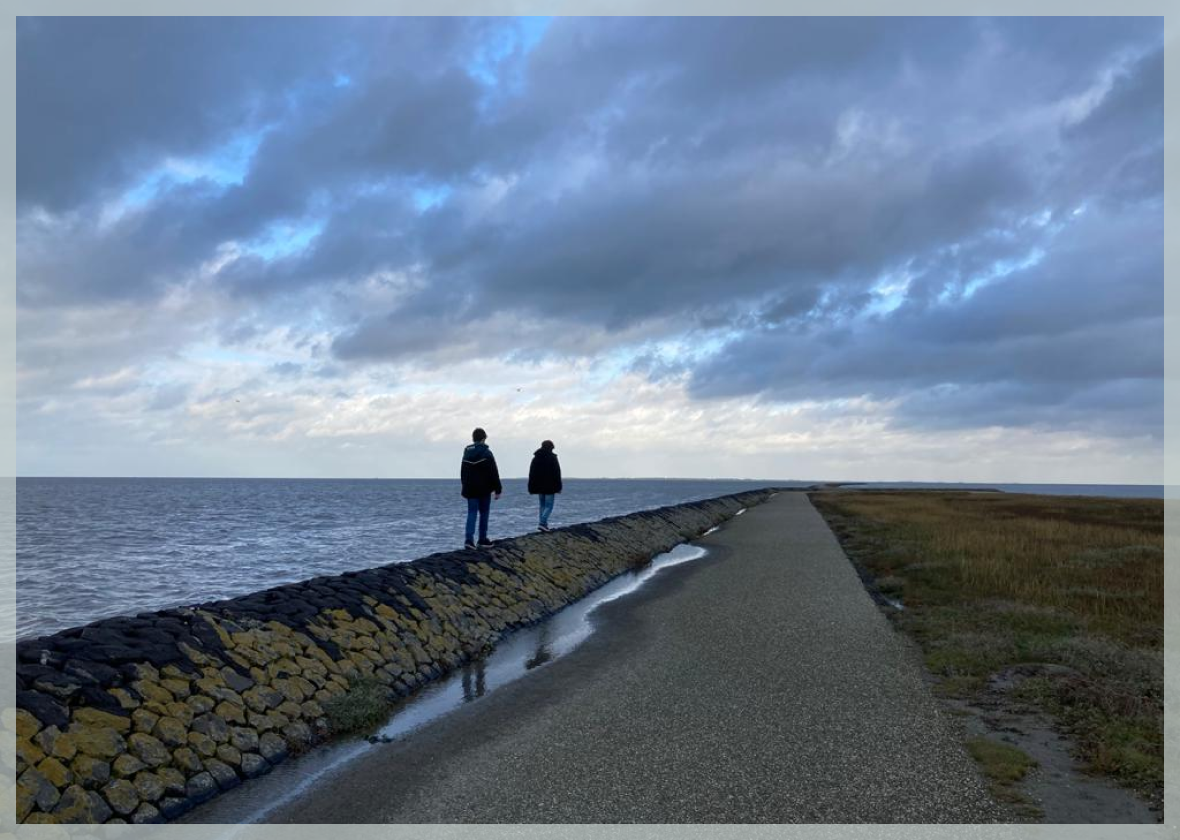





Abstract:
This blog introduces the activities in the Dutch node of the Water Transformation Pathways Planning project. It starts with the activities in the Dutch Wadden Sea region, where TU Delft researchers work on transdisciplinary research projects to address challenges and innovations around nature-based solutions for flood protection and managed aquifer recharge innovations that can help make coastal regions more resilient to ongoing climate change and other developments. It also explains the role of the IHE Delft research team, as co-initiators of Trans-Path and being active across the various country and regional nodes.
The Dutch Wadden Sea region and Transformation Pathways
Coasts and deltas face specific climate adaptation challenges. Transformation pathway (Trans-Path) researchers in the Netherlands look at the governance challenges and solutions for those, with a main focus on the Wadden Sea region off the Dutch coast. The Wadden Sea is an intertidal zone, a maritime conservation area with shallow waters, mudflats and wetlands of global importance, recognized under the UNESCO World Heritage Convention. In the Wadden Sea region, nature, cultural heritage, fisheries, mining, agriculture, and recreation play an important role. A range of drivers and pressures, including but not limited to climate change, means that business-as-usual is no longer sufficient to ensure a sustained future for the Wadden Sea region and its communities, where society and nature closely interact and depend upon each other.
The Water Transformation Pathways Planning network works with two transdisciplinary research projects in this area, which are both funded by the Dutch Science Council NWO: Living Dikes and AGRICOAST. Each of these interdisciplinary projects includes an important component that focuses on governance challenges and solutions. The two PhD researchers from TU Delft who are working on those governance components have joined an international learning network of Trans-Path Planning.
Future Flood Protection: Living Dikes
Living Dikes studies the use of natural forelands to provide climate-proof solutions for flood protection. Natural forelands, or foreshores, are the areas in front of a dike or flood protection structure. In the Wadden Sea region, there are tidal flats and salt marshes, which have naturally developed as part of sedimentation patterns and stream flows in the sea. These natural forelands grow with sea level rise and can combine with conventional ‘hard’ flood defences to offer flood protection. Many stakeholders are enthusiastic about such nature-based solutions for flood protection, as a way to combine multiple functions in a coastal landscape; Living dikes enable climate adaptation while contributing to flood protection, nature conservation, local well-being and economic development. At the same time, existing governance structures are not designed to deal with such multi-sectoral solutions.
The TPM TU Delft “Adaptive Joint Action” team of Living Dikes addresses the resulting governance challenge. Everyone is, in principle, willing to collaborate, but the long-term stakes are high, the uncertainties are high as well, and every (government) organization needs to look after its own core interests and responsibilities. The water authority needs to think about the dike and the safety levels it can offer, as well as about its maintenance in the coming decade. Nature organizations would like a salt marsh where natural dynamics can play out undisturbed, for longer periods of time. Farmers and local communities prefer a sufficiently predictable management of lands and areas, including space for economic activities such as seasonal grazing in the areas between winter and summer dikes.
Thus, realising the potential of living dikes requires new governance arrangements as much as it requires technological innovation and ecological knowledge. Together with a range of fellow researchers and societal organizations, such as the regional water authority Wetterskip Fryslân and the national authority Rijkswaterstaat, TU Delft PhD candidate Esmee Bannenberg works on an approach that supports stakeholders to co-design a process for adaptive joint action: A real-life, large-scale and long-term adaptive experiment around the implementation of living dikes, ensuring long-term monitoring, learning and adaptation.
Future Freshwater for Agriculture: AGRICOAST
AGRICOAST researches innovations for climate-resilient agriculture in the Dutch coastal delta, including the Wadden Sea islands and their respective coastal areas. Sea level rise and other developments lead to increasing soil and water salinity levels in coastal zones. This, combined with increasingly severe periods of drought, threatens the availability of sufficient freshwater resources to support agriculture in these areas. In AGRICOAST, the technology of managed aquifer recharge is being further developed into a workable technology that enables farmers to manage their future freshwater supply. Although the technology can be implemented at the farm level, its longer-term success as an adaptation measure critically depends on governance arrangements at multiple levels and across sectors.
Agricultural water management in coastal areas and polders is rarely done at the plot level alone. The AGRICOAST team at TPM TU Delft investigates the governance challenges involved. What does it take for water innovations to become sustained contributors to climate adaptation? How does this interlink with adaptive and transformative governance models? What are the pitfalls and opportunities of governance strategies? And how can all of this be translated into governance interventions that help to increase the future freshwater availability in the Dutch coastal area?
Via interviews, document analysis, and workshops but also planned embedded research with organisations in the Dutch water innovation sector such as Acacia Water, TU Delft PhD candidate Alex López Alberola studies the dynamics involved in mainstreaming managed aquifer recharge technologies, to come up with new governance insights, and possibly a simulation gaming workshop that helps develop and communicate workable governance interventions for mainstreaming water innovations, and adaptation more generally, with the goal of a more resilient society long-term.
IHE Delft support for Water Transformation Pathways Planning
The Water Transformation Pathways Planning team in the Netherlands extends beyond the two TU Delft Wadden Sea projects; Trans-Path Planning was co-initiated by IHE Delft in the Netherlands and IHE Delft researchers support the project across nodes and contribute to activities in most of the nodes.
As a globally recognised centre of academic training and excellence in the water sector, IHE Delft contains a wealth of relevant expertise and is a member of several international networks, which enables the IHE Delft team to support the joint further learning about transformation pathways planning and transdisciplinary water research. The international Trans-Path network offers a fertile learning ground where IHE Delft experts can contribute, develop and sharpen their knowledge, learning and working with colleagues from all over the world.
The Water Transformation Pathways Planning activities in the Netherlands are thus a combination of IHE Delft expert contributions and of two TU Delft transdisciplinary studies around water governance challenges for the Wadden Sea region.
Authors & Contributors
